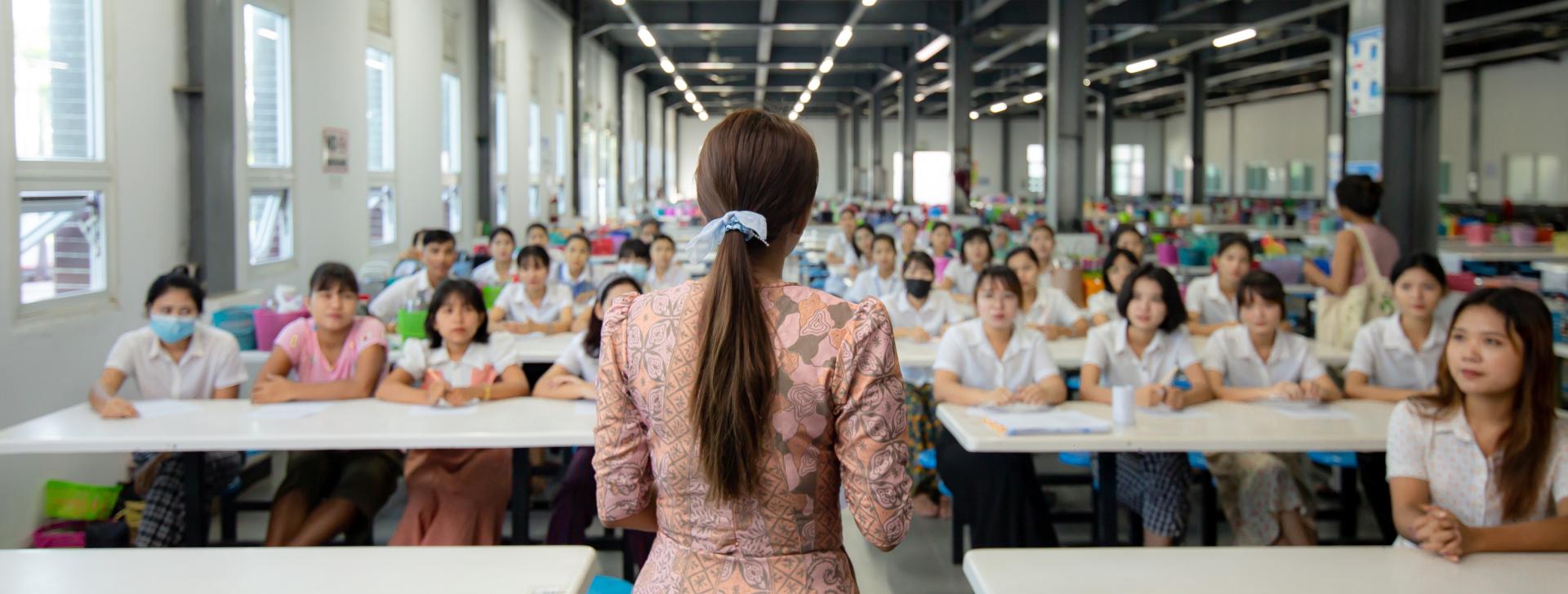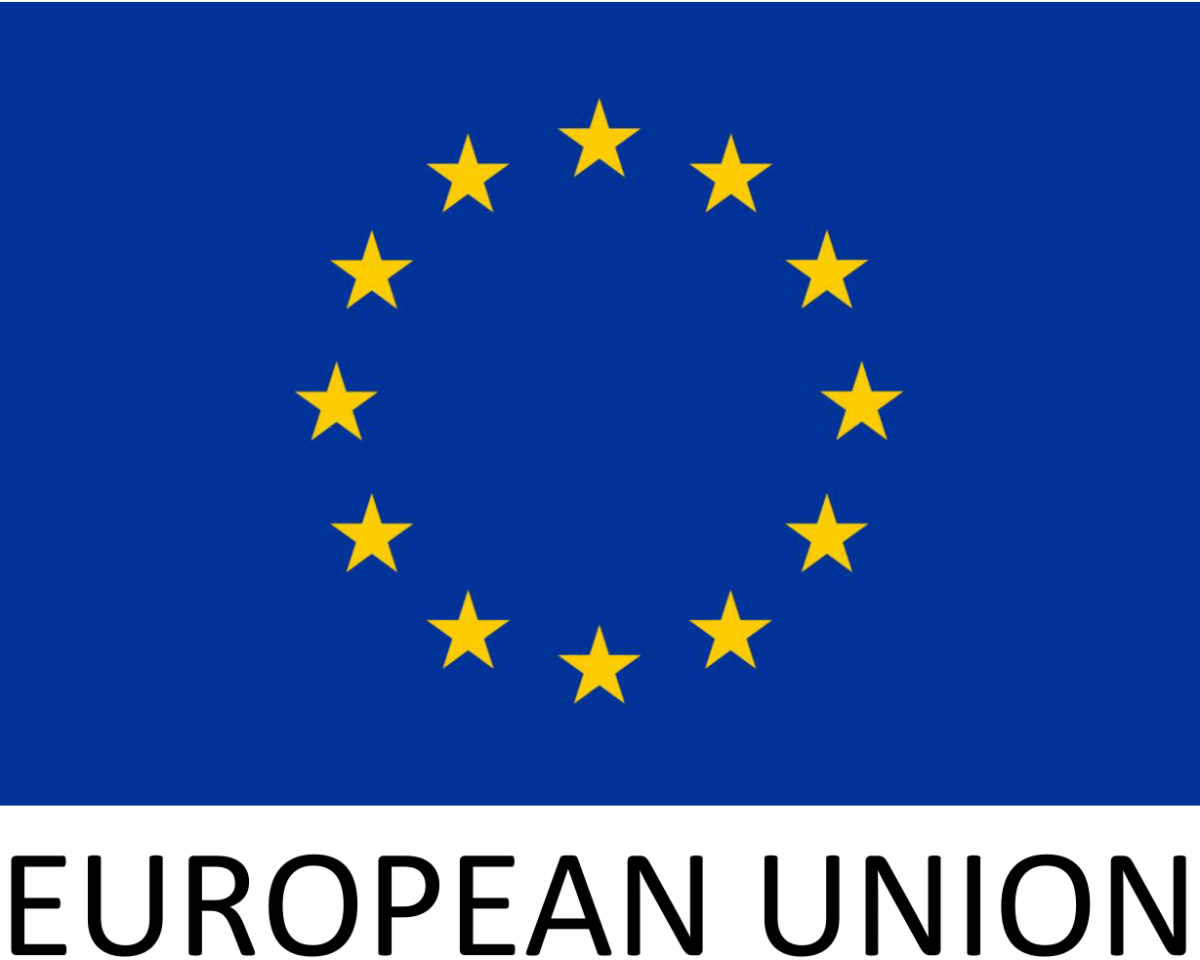MADE's flagship programme on social compliance and workplace relations is known locally as the SMART Factories Programme - - a proven method for driving substantial, durable workplace improvements in factories via robust on-site enterprise advisory consultations by local experts, follow-up assessments to benchmark and verify progress and a wide array of technical training workshops to foster learning and develop talent.
A Comprehensive Approach to Social Compliance
At the heart of the SMART Factories Programme is a structured social compliance programme covering labour rights, ethical business conduct, and environmental health and safety (EHS). Key focus areas include child labour prevention, fair remuneration, working hours, freedom of association, anti-discrimination, fire and chemical safety, machine safety, and environmental protection. Factories undergo a detailed social compliance assessment process, followed by tailored training, corrective action plans, and follow-up evaluations to ensure lasting improvements.
Structured Assessments and Tailored Training
The typical programme spans six months and begins with an initial on-site assessment by 3 or 4 enterprise advisors from the MADE project office, identifying gaps and root causes of non-compliance and potential non-compliance. SMART’s team of accredited experts then works closely with factory managers, HR, compliance officers, and elected worker representatives to design sustainable solutions. Follow-up assessments track progress, while optional additional training deepens understanding in specific areas such as human resource management, child labour remediation, grievance mechanisms, and applied labour laws.
Engaging All Levels of the Factory Workforce
SMART’s approach ensures participation from all levels—managers, technicians, supervisors, workers, and the union and/or Workplace Coordination Committee worker representatives. Individual and group interviews are conducted to gather honest feedback, while training sessions use interactive, practical methods such as group discussions, role play, and Q&A to foster real workplace change. The programme encourages factories to appoint at least two dedicated managers to coordinate with the SMART team throughout the programme.
Building Capacity Beyond the Core Programme
Beyond on-site work, SMART offers joint physical and online trainings and seminars open to hundreds of factories. The 2025 training calendar includes specialised topics such as electrical safety, applied labour laws, social dialogue, child labour prevention and remediation, supervisory skills, GHS chemical labelling, waste management, carbon foot-printing, and water efficiency. These interactive sessions are designed to be engaging and relevant, empowering both management and workers with skills that directly impact workplace satisfaction and safety and drive improvements in productivity and quality.
Driving Business Benefits through Compliance
Enrolling in the SMART Factories Programme is not just about meeting regulations—it is about improving workplace communications and safety, raising worker satisfaction. This, in turn, drives reductions in monthly employee turnover and boosts productivity, benefiting all parties. When implementing at least 50% or greater of the technical team's recommendations for improvement during the SMART Factories Programme and demonstrating zero critical findings, factories can successfully complete the programme.
Part of a Larger Movement for Decent Work
The SMART Factories Programme operates under the Multi-stakeholder Alliance for Decent Employment in Myanmar (MADE) project, which also hosts the Forum on Supply Chain Conduct and Centres for Women’s Advancement. Together, these initiatives are working to create a more responsible, resilient, and equitable garment industry, fostering cooperation among factories, retailers, business associations and civil society at both local and international levels.






